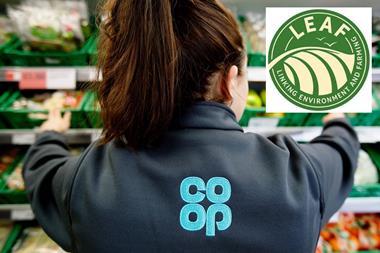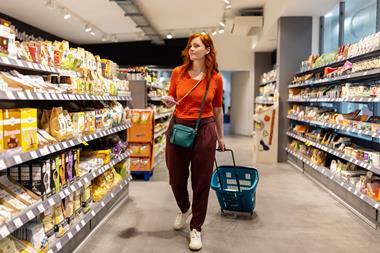Industry makes “good progress” in helping households cut food waste

UK supermarkets and major food brands have made “good progress” in helping households cut food waste, with a quarter of all pre-packed fresh produce now carrying no date label, in line with latest guidance.
ALREADY HAVE A REGISTERED USER ACCOUNT? PLEASE LOG IN HERE
To read the full story join the ConvenienceStore.co.uk community today!
Registration is quick and easy and provides access to:
- Unlimited ConvenienceStore.co.uk articles
- Our great range of newsletters
- Content you’ve saved for later via the ‘my library’ feature
And much more…































